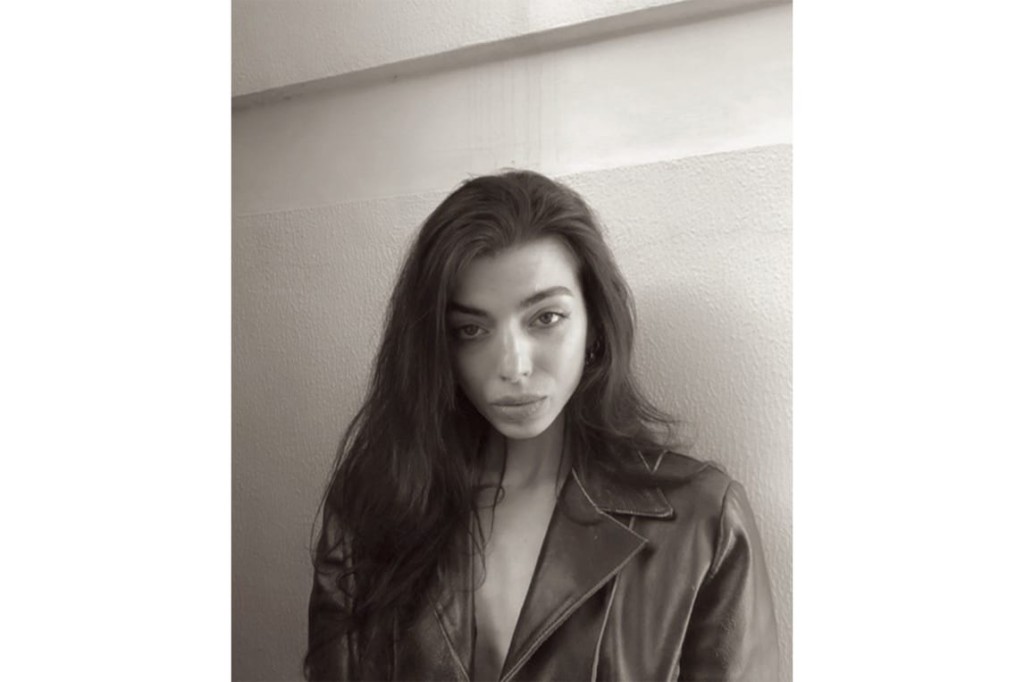
1. In your opinion, can the craft of poetry truly be taught, or is it an innate talent? What experiences have shaped your perspective on this?
I tend to believe that poetry is something fundamentally anarchic. Life itself offers us pointers so that we learn about rules and systems; then, it is up to each of us to gain enough experience to develop our own way of consciously breaching through what we absorbed and making it our own. Writing could be one of these ways.
I guess, poetry is more of a consequence, a reverberation, a comeback from a broader teaching, given by the polyhedric contexts we coexist with and choose as subjectivities; it is not a watertight compartment made of specific sets of knowledge. In my experience, much stems from the eye: reading, searching, observing, constantly and generously. And the eye can be trained. It is a special commitment.
2. How do you differentiate between teaching the technical aspects of poetry (like form, meter, and metaphor) and fostering a poet’s unique voice and creativity?
It is all organically entangled. Technical aspects might help recognise the potential of wording and the texture of language. The question of voice is chaotic, ecstatic, tragic, unconscious, and multi-layered, but it also lingers on the ordinary; there may be more and less fertile conditions to establish – or trigger – for it to speak.
I think the intention existing behind a poem and who writes it provides the opportunity to blend and calibrate different components, almost alchemically, to turn them around, probe the tension lying in between, and set your own dictionary. It can be a subterranean incident, and, above all, it is substantially personal. The personal is arduous to expose. And here is where I hold on – keep trying to peel that terrain with different moves. I would say it is about time and responsibility, going towards the unspeakable and making it audible.
3. What are some of the most effective methods or approaches you’ve seen for teaching poetry, especially to those who might initially feel intimidated by the art form?
A certain openness and courage to move beyond preconceived assumptions on form, sense, and meaning is very beneficial. Allowing yourself to be porous. My take is that poetry is rarely about understanding, even when a poem sounds immediate or descriptive. The lack of a clear understanding is, for some, discouraging; but accepting that writing is about rough edges and (mis)using those is a precious awareness.
Let’s say one might tend to erase words, verses, or entire pages that feel non-resonant. It may be needed, and it remains arbitrary. Yet, I admire when one can engage with a certain resistiveness towards the weak corners by disassembling them (or even surrendering to them) and overcome mere auto-silencing. The stages of self-editing are often deeply revelatory moments. You detect honesty there, which is usually a very good sign.
4. Do you believe that formal education in poetry can limit a poet’s creativity, or does it provide essential tools for expression? How do you balance teaching the rules of poetry with encouraging students to break them?
I’m not able to think that anything a priori can constrain creativity. There are phases, circumstances, and needs. Sometimes, the most straightforward path works; at times, you get there by the back door. For me, teaching poetry is not about actually teaching poetry, not as a craft at least. It is a sharing of time and space that are both individual and collective. I love to consider teaching to be gentle priming. Freedom of engagement follows. Nevertheless, absolute freedom might prove to be challenging when creating, as it is simply immense. I try to address the sense of generative curiosity that each of us carries by proposing multiplicity. Reading diverse voices and confronting contrasting practices until one detail clicks, sparks a response, and the rest unfolds. Our reactions are the ultimate freedom at our disposal; reactions are a great tool and they lead the way.

Giulia Ottavia Frattini is a poet and writer currently based in Berlin. She studied Art Communication and Didactics at Brera Fine Art Academy in Milan and pursued Advanced Studies in Curating at Zurich University of the Arts. Her practice lies at the intersection of writing, visual culture, and critical theory. She intends language as the essential medium through which individuals and subjectivities inhabit the perpetual “now”.
In her writings, she deals with the experience of identity definition and self-determination, exophonic writing, the physicality of language, and anti-narrative textual forms. Her words have appeared in several outlets, including single-poem publications, interviews in art magazines, and hybrid contributions. In 2023, she was selected as a Visiting Teaching Artist at the Poetry Foundation. The same year, she self-published a poetry chapbook titled CHRYSALIS in limited printing.
Giulia will be running the online studio course Poetry as Apocalypse in Language Studio with us this Spring, starting on Monday 24 February 2025.
Add your Reply
You must be logged in to post a comment.